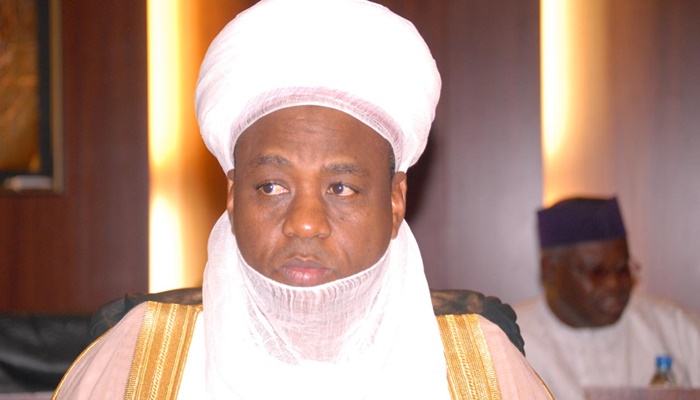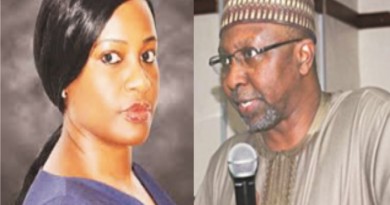Coronavirus: Islamic Council releases guidelines on burial of infected Muslims
The Nigerian Supreme Council for Islamic Affairs (NSCIA) has said “harm to the living must be avoided” when burying the body of any Muslim who died as a result of infection.
This is contained in a set of guidelines issued by the council on how bodies of Muslims infected with the coronavirus should be buried.
The publication of the new guidelines may not be unconnected with the issues connected with the burial of the late chief of staff to President Muhammadu Buhari, Abba Kyari, at an Abuja cemetery on Saturday.
The new guidelines, which are contained in a statement issued by NSCIA, noted that the step became necessary, following the outbreak of the novel pandemic.
The statement, which was signed by Nasir Sani-Gwarzo and Yusuf Nwoha, the chairman and secretary respectively of a subcommittee set up to develop a comprehensive guideline on best procedure to be adopted in the burial of infected Muslim bodies based on Islamic laws and principles.
According to the committee, the new guidelines do not suggest that Islam never had rules guiding its burial practices, but that they were strictly meant to put into consideration the new set of rules occasioned by the new virus. It added that under any circumstance, the religion forbids cremation, and so it is unacceptable for the body of a Muslim victim of the coronavirus disease to be cremated.
The statement reads in part; “Washing the dead is a collective obligation, which is not exempted except under a strong legal justification; and among such legitimate circumstances is to ensure that the deceased did not suffer from an infection that could be transmitted to others. The best known rule is that – “harm to the living must be avoided.”
The council, therefore, advises that to avoid harming others, the body of victims of the virus should be allowed to be prepared by health officials appointed by government, and that “the body may be sprinkled with water as much as possible; alternatively by pouring water on the body without physical scrubbing or touching by the hand.”
“A specific nature of shrouding is not mandatory, provided the entire body is covered by the shroud. Where practicable, however, it is encouraged to use three or five pieces of white shroud for men and five pieces for women; otherwise application of reasonable discretion is allowed,” the statement added.
The Council also said there was nothing wrong in putting a Muslim body in a body bag, but advised that white is preferable, and that in its absence any colour should suffice. It added that prayer on the body of a victim of infection should be done by a small number of Muslims with precaution and under the direction of appropriate health authorities.
It, however, advised that bodies of Muslim victims should be buried at Muslim cemetery, and that mass burial is discouraged except under unavoidable circumstance.
The council also advised that government should take responsibility of preparing the infected Muslim bodies for burial to avoid contamination, and that government should ensure registration of all deaths with the relevant health authorities.
While advising that the government should ensure that the victim was clinically confirmed dead before internment, the council noted that it has been medically ascertained that bodies were sometimes buried alive in the past.
“Where it is, however, medically established that the deceased is free from any contagious disease, then the deceased should be prepared, prayed upon and buried by a few who are permitted under the social distancing and or complete lockdown imposed, while taking all necessary preventive measures,” it added.
The council also said Muslim prayer for the dead (Janazah) can be performed in absentia for the deceased, especially in the case of total lockdown. “The prayer in absentia is allowed for those who could not physically be present to pray on the deceased,” adding that this must be subjected to prevailing doctrine acceptable in the area.
The statement further listed those who should not be part of the prayer for the corpse to include those vulnerable to the dangerous virus, particularly persons of 60 years and above, sick persons, those with underlying medical conditions such as tuberculosis, asthma, diabetes, HIV, among others.




